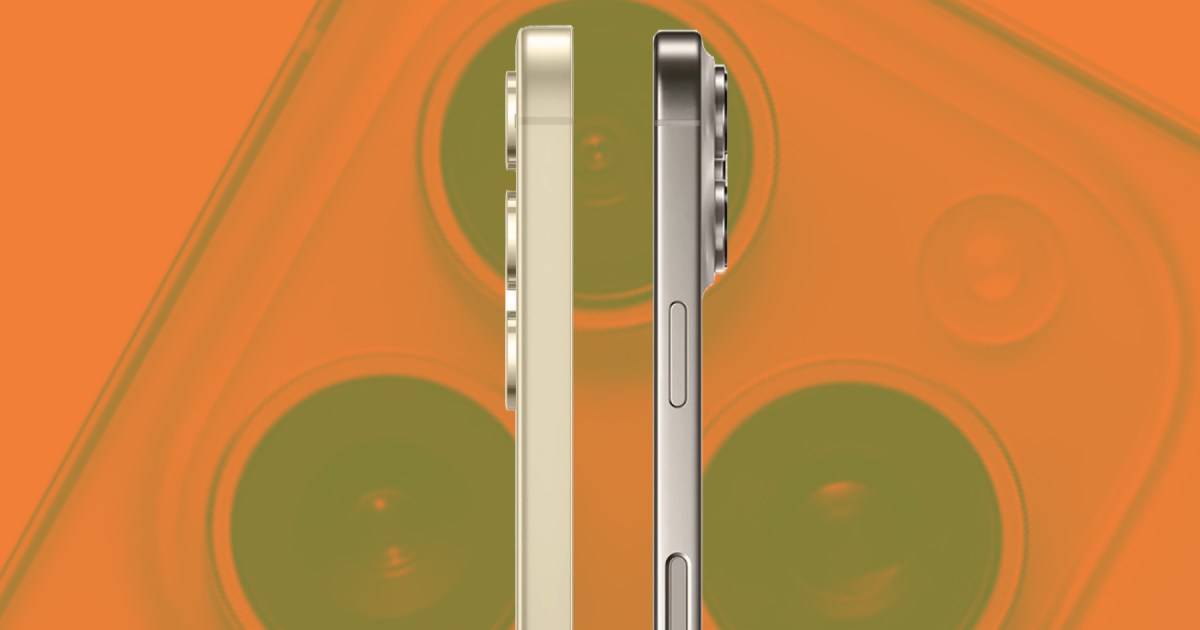Over the course of the past few months, numerous outlets have reported on Samsung and Apple’s plans to make “slim” phones. Naturally, one would think that an “innovation tax” is imminent, but it seems these skinny phones won’t deliver a price shock.
In Apple’s case, the alleged iPhone 17 Air will replace the iPhone “Plus” model, which apparently had an unexpectedly low sales run. Apple has, therefore, to fill the Plus gap with an Air model this year, without making any big changes to the pricing structure.
“The Plus model was stuck in the middle, so its identity was ambiguous and its sales were the worst. By changing it to a slim model, they were able to adopt a pricing policy at the Plus level,” an industry insider was quoted as saying by Sisa Journal.
As far as Samsung goes, the Korean electronics giant apparently decided to throw its hat into the ring in the wake of Apple’s strategy shift. “The Galaxy S25 Slim’s very purpose is to respond to Apple’s Air product, so the price will not be set high,” adds the report.
Please enable Javascript to view this content
As far as the pricing goes, there is little clarity on just how much Samsung’s “Galaxy S25 Slim” is going to cost. Notably, as per the source cited in the Korean outlet, the upcoming device will be cheaper than the flagship Ultra model.
If the murmurs turn out to be true, the iPhone 17 Air and the Galaxy S25 Slim could fall in the $900 price bracket. Both phones are expected to arrive in the latter half of 2025, but Samsung could beat Apple to the market by a few weeks.

Samsung’s svelte phone will reportedly offer a 6.7-inch display, while its cross-section profile could fall between 6mm and 6.9mm. It could, however, surprise buyers with a fairly powerful camera setup (200MP main + 50MP wide + 50 zoom), but there is no clarity regarding the silicon situation.
As far as the iPhone 17 Air goes, it may not quite deliver a hardware knockout, save for a trimmed waistline. Rumors suggest it will only offer a single rear camera, a smaller battery, and a titanium-aluminum chassis.
Apple will reportedly serve a new battery that encases the cell kit inside a metal shell and embraces a technique called electrically induced adhesive debonding that eases repair and replacement.
Read the full article here














